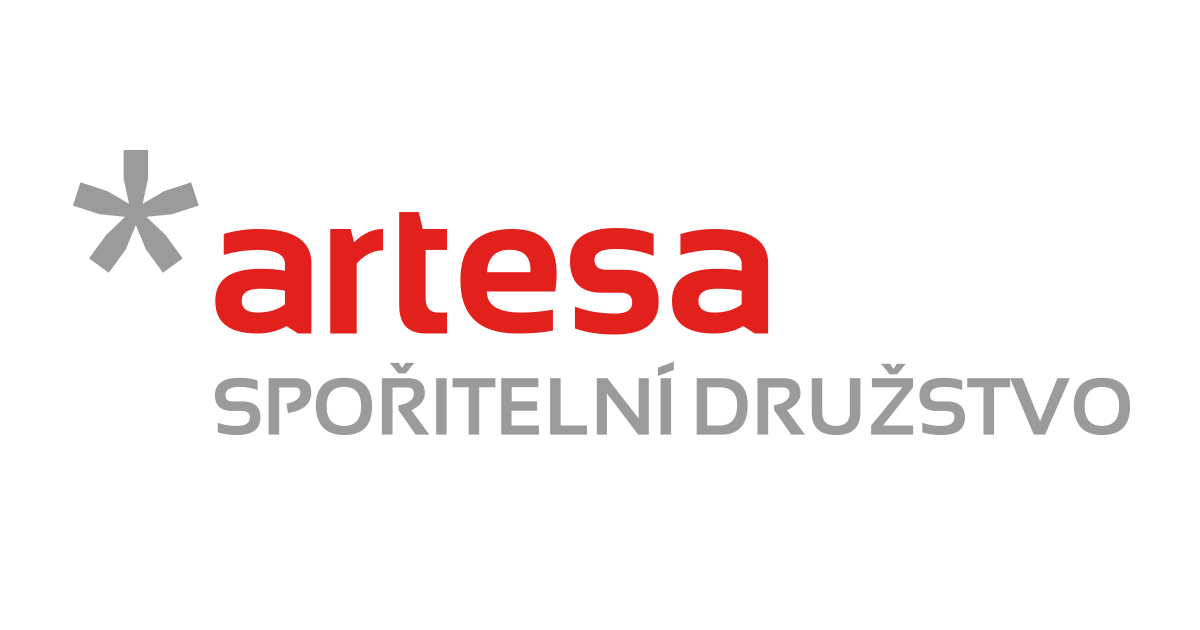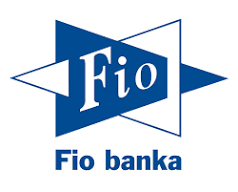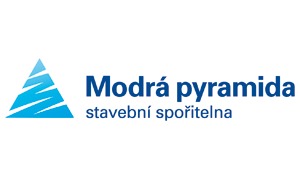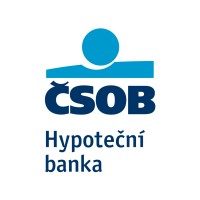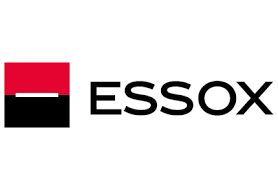News
The Czech National Bank ends exchange rate intervention.
April 2017 /
The Czech National Bank has removed its upper limit on the koruna after three-and-a-half years in an extraordinary meeting, highlighting how the rise in inflation across the region is prompting change in long-standing central bank policies.
In choppy trading said to be 50 to 100 times the usually tame volumes for this time of day, the koruna climbed on the announcement, with the euro falling under CZK27 for the first time since that lower level was imposed in November 2013. At pixel time, it was at CZK26.72, having traded as low as CZK26.65. That marks a large jump for the typically sleepy koruna, but is far from disorderly, suggesting that the central bank has managed market expectations well.
In a statement, the central bank said it “did not discuss” tweaking interest rates. But it has made it clear it is prepared to prevent an excessive rally in the currency. “The CNB stands ready to use its instruments to mitigate potential excessive exchange rate fluctuations if needed,” it said. The central bank initially imposed the koruna limit in an effort to deflect deflation; with interest rates on the floor and no desire to cut them below zero, the central bank was left with few other options. Keeping the currency relatively weak helped to support import prices.
Data on surging official reserves had shown that the CNB was fighting an intense battle to keep a lid on the koruna in the face of large speculative inflows. Analysts said that battle had ramped up sharply of late, with the central bank buying around €7.5bn in the last 10 days – a huge sum for a small economy. “On Wednesday and Thursday last week, the intervention was huge,” said Petr Krpata, an analyst at bank ING. “For the whole of March, it was around €19bn. Huge.” Reserves now stand at around 60 per cent of annual gross domestic product. Mr Krpata says he thinks the central bank made “a mistake” in committing to holding the floor beyond the first quarter with inflation running above the target level, “but it did the next best thing in exiting as soon as possible afterwards”. He thinks the central bank would allow the euro to fall to around CZK25 from here and adds that many investors seem to be underestimating the pace of potential interest-rate rises from here.
Analysts and investors are now keeping a close eye on the debt market for signs of how hedge funds get out of their bets on the koruna. “The interesting thing now is how the huge speculative positioning is unwound,” said Paul McNamara, an emerging-markets investment director at GAM in London. Funds have piled into Czech debt in anticipation of the move, but the debt has now dropped substantially. Yields on the country’s two-year debt have climbed by over 0.2 percentage points today, but they still remain in negative territory, at -0.232 per cent. (Yields rise when prices fall.) Nomura advised its clients to sell the euro with a target of CZK26.15, noting that “it may be a pain trade today, but eventually we should get there.” If that level breaks, the next stop is CZK25.50, it adds. A survey of its clients shows that investors expect the koruna to climb for now, and back down a little in the coming days.
Source: https://www.ft.com/content/f2636611-e5c3-354e-b467-c568942698f1
Get the best interest rate!
Our partners
